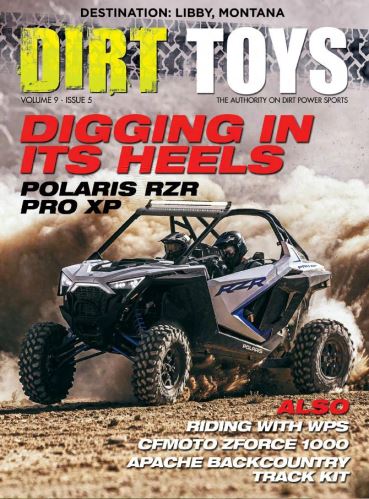By Motor Sports Newswire
Yamaha won another court verdict in defense of its all-terrain vehicles. Maybe resistance to the plaintiffs bar isn't futile.
In 2003 Yamaha introduced a new category of ATV known as Rhino to the U.S. market. Unlike single-passenger ATVs, the Rhino "side by side" allows for two passengers to sit next to each other. The Rhino became an instant hit with farmers, hunters and ATV enthusiasts and rivals rushed to offer their own versions.
In 2007, Yamaha made several minor modifications-including half-doors and more passenger hand-holds-to increase the Rhino's safety. The plaintiffs bar pounced, citing the modifications as evidence that the product hadn't been safe. Spearheaded by California firm Lieff Cabraser, hundreds of lawsuits rolled in, many generated via the Internet. The lawyers also deluged the Consumer Product Safety Commission with complaints, hoping the federal agency would aid their suits by ordering a Rhino recall.
Yamaha avoided that by working with the agency to make other modest safety changes. As for the lawsuits, it did something unusual: It chose to fight. This no doubt surprised the plaintiffs bar, whose strategy is to swamp a company with so many lawsuits that it agrees to settle.
Yet Yamaha had a strong case. Like any ATV, the Rhino comes with guidelines for proper use. Riders are told to wear helmets, seatbelts and safety gear, and not to drive under the influence of drugs or alcohol. It is recommended only for licensed drivers, only for two people, and for off-road use.
Yamaha sought and obtained the results of 63 CPSC investigations into Rhino-related injuries or fatalities and the findings were illuminating. Some 75 percent involved an unbelted rider; 84 percent an unhelmeted rider; 52 percent high speeds and sharp turns; and 29 percent drugs or alcohol. About a third involved more than two riders, and a third of the drivers under the age of 16. Yamaha estimated that drivers had engaged in an average of 3.5 actions it had warned against for each incident.
The first of 175 consolidated California cases went to trial last summer, a suit the judge called a "bellwether." The plaintiffs, seeking millions in compensatory and punitive damages, were allowed to pursue every claim-for product defects, insufficient warnings, negligence and so on. Yamaha contended the defendant had caused his leg injury by aggressive and impaired driving and by failing to wear a seat belt. The jury found 12-0 for Yamaha.
Yamaha has since won four more major cases and it is appealing its single defeat in a smaller 2009 case. Those four include a victory recently in Ohio, in what the judge called the largest civil trial in Warren County's history. Plaintiffs attorneys have begun to withdraw many of their suits.
The cost of this litigation-to Yamaha, the courts, regulatory agencies and Rhino consumers-is still enormous. Yet Yamaha also understood that settling would only invite more lawsuits. In the absence of tort reform, a belief in one's products is a company's best defense, and more companies would benefit from fighting back.

